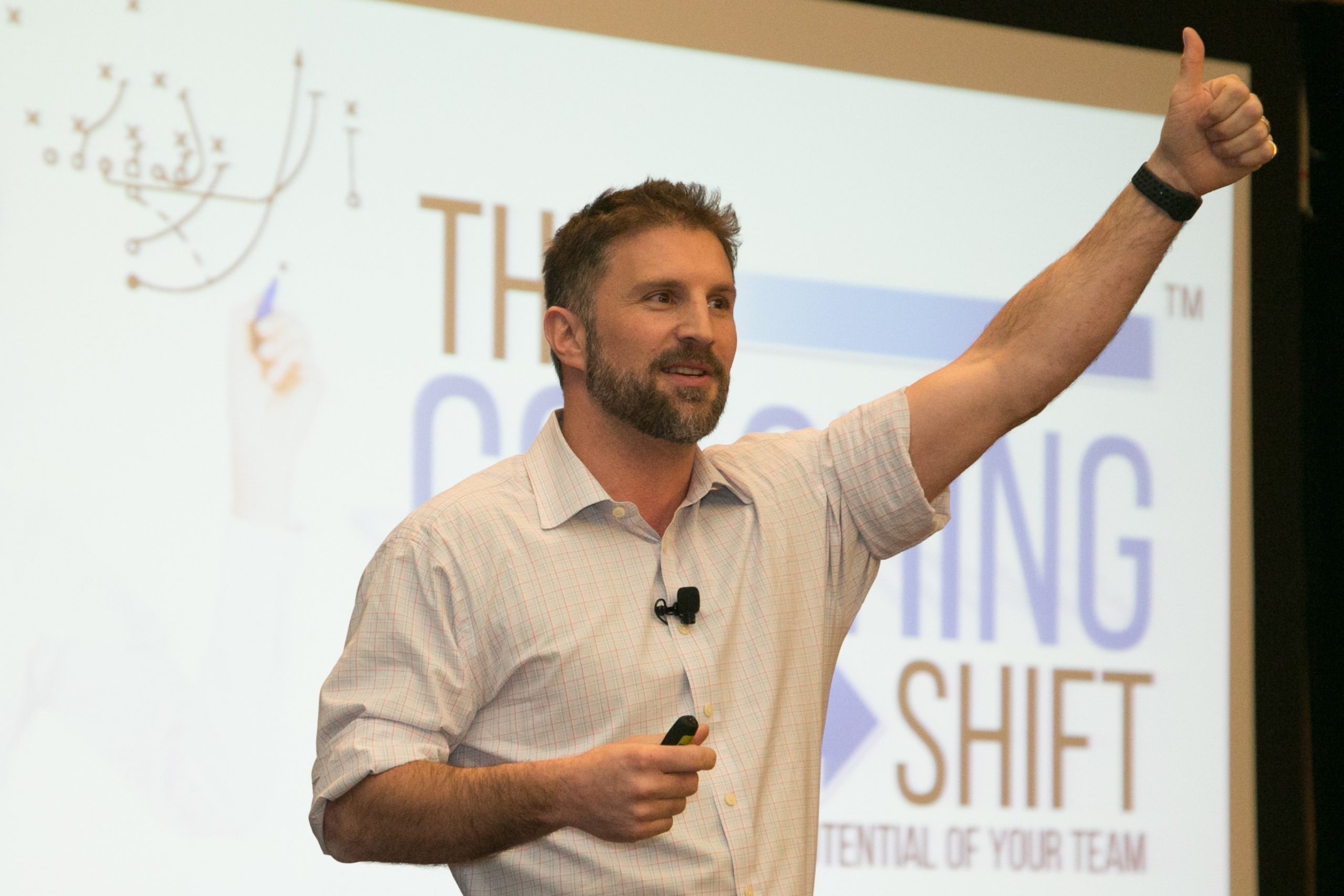There are many existing theories on what leadership is, and there remain caveats in fully understanding really what it is all about. On the one hand, there is the leader themselves as a person and how they show up as a human. On the other hand, behavioral approaches look at how leaders interact with the humans they serve. Although learning the terms and what leadership is, is easy, engaging and motivating people leaders how to embody the art of leadership and lead humans effectively is more often than not a challenge. Thus, the industry involving leadership training and development is rife with mediocrity. We are not preparing leaders to be successful, unlike the proper effective training a pilot or surgeon would get. Recognizing this, Alex Draper took the initiative to transform the scene with his passion, knowledge, and relentless efforts for conducting leadership training rooted in science and experiential learning. To expand people’s awareness and understanding of effective leadership, Alex also authored The CARE Equation.
The CARE Equation
Historically, people have this misconception that a person is either a leader or not. Leadership is what leaders do; that is, it’s a process of leading a group of humans, and positively influencing that group of humans to be effective. Thus, in its simplest definition, we are all leaders because, in our daily and mundane interactions, we ALL can positively influence others. However, anyone can do it. Whether they choose to do it and do it effectively is the real challenge. In today’s modern workplace, becoming an effective leader is not just about the results, it’s also about people’s well-being and sense of belonging, and this is what The CARE Equation aims to solve.
Alex Draper wrote The CARE Equation in hopes of motivating people from all walks of life in how to unleash the leader in all of us. On top of that, he puts great emphasis on the need to exhibit empathy to create an atmosphere where others can feel psychologically safe, allowing the people we interact with to become more truthful, honest without fear of how others will react, and more importantly, turn up comfortable in their own skin. In doing so, we can become more humane in our interactions, whether at home or in the workplace.
But what does CARE mean? We talk about care a lot. CARE stands for clarity, autonomy, relationships, and equity®. With these four pillars, we can transform our perceptions and approaches toward people-first leadership that is directed toward creating more equitable relationships guided by science. Science is rooted in the CARE model. Alex and his team are committed to aligning everyone to a people-focused mindset, which is the vision and purpose behind DX Learning and CARE.
Alex envisions everyone to learn the significance of such and, in turn, manifest these through their behaviors to create leaders who can serve as models for a more human world and work cultures conducive to people being treated as the humans they are. It’s about changing the mind from thinking it’s all about treating people how YOU want to be treated. To treat everyone how THEY want to be treated.
Alex Draper and DX Learning
Alex Draper is the Founder and Chief Executive Officer of DX Learning Solutions. He started DX after seeing a gap in the marketplace for efficacy-based leadership training and as a way to build upon his passion for the emotional intelligence aspect of leadership development. DX Learning is a partner in progressive leadership training that taps into the powerful combination of behavioral psychology and experiential learning to expose and eliminate bad leadership and prepare leaders to put people first. At present, Alex is on a mission to shape organizations worth working for by training leaders from top to bottom to think and behave more inclusively and lead with human-centric values.
Alex is now a leading force in disrupting the leadership training industry with science-based methodologies that drive leadership self-awareness, emotional intelligence, inclusivity, and psychological safety that solve organizational challenges. To know more about his work, you can visit DX or connect with him through Twitter and LinkedIn.


